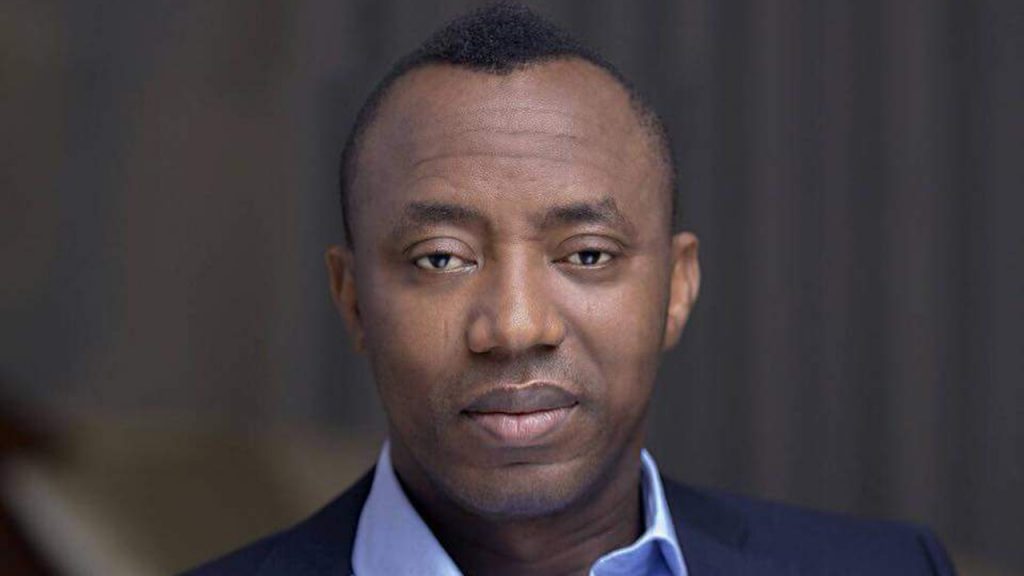The Nigerian government has selected five witnesses to testify against the detained publisher and activist, Omoyele Sowore, at his trial scheduled to begin on Tuesday.
The witnesses include investigation officers and banking officials.
They are to give statements on Mr Sowore’s alleged treasonable offences instigated through the #RevolutionNow protest which held in most parts of the country on August 5.
They will also testify on findings regarding Mr Sowore’s alleged illicit transfer of funds.
Mr Sowore was arrested on August 3, days before the protest. Security operatives accused him of planning a nationwide protest aimed at causing chaos and overthrowing President Muhammadu Buhari.
On Friday, nearly 50 days after his arrest, the government filed a seven-count charge against him, accusing him of treason, fraudulent transfer of funds, cyber-stalking, dissemination of inciting media content and insulting President Buhari.
He was accused alongside a co-defendant, Olawale Bakare.
Many Nigerians have called on the government to release Mr Sowore, and withdraw the charges against him.
In a summary of its allegations, the government said Mr Sowore had threatened, in a recorded video, to shut down the country and compel the government to hand over power.
The prosecution also accused Mr Sowore of threatening to end the existence of the State Security Service.
The witnesses include Paul Clement, Moses Amadi, Cyril Odawn and Paul Okafor: all investigative officers whose roles would be to tell the court about their findings on how Mr Sowore allegedly “mobilised youths across the country to embark on a revolution that will see to the end of the democratically elected administration.”
They will also corroborate each other’s information on their findings regarding how Mr Sowore allegedly “made suspicious transfers of funds from different bank accounts.”
Two banking officials with the GTB and the UBA will also speak on how Mr Sowore’s banking statements with the various banks were created.
The prosecution also plans to provide as evidence against the defendants, a video and an audio recording, written statements of the defendants and banking statements as well as other evidences.
